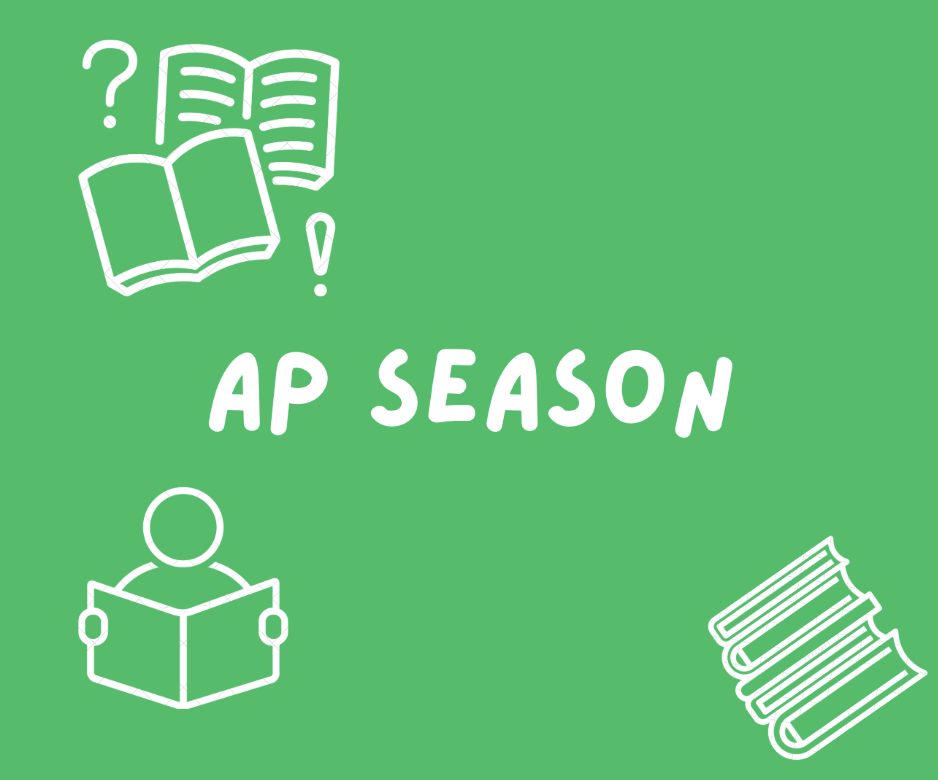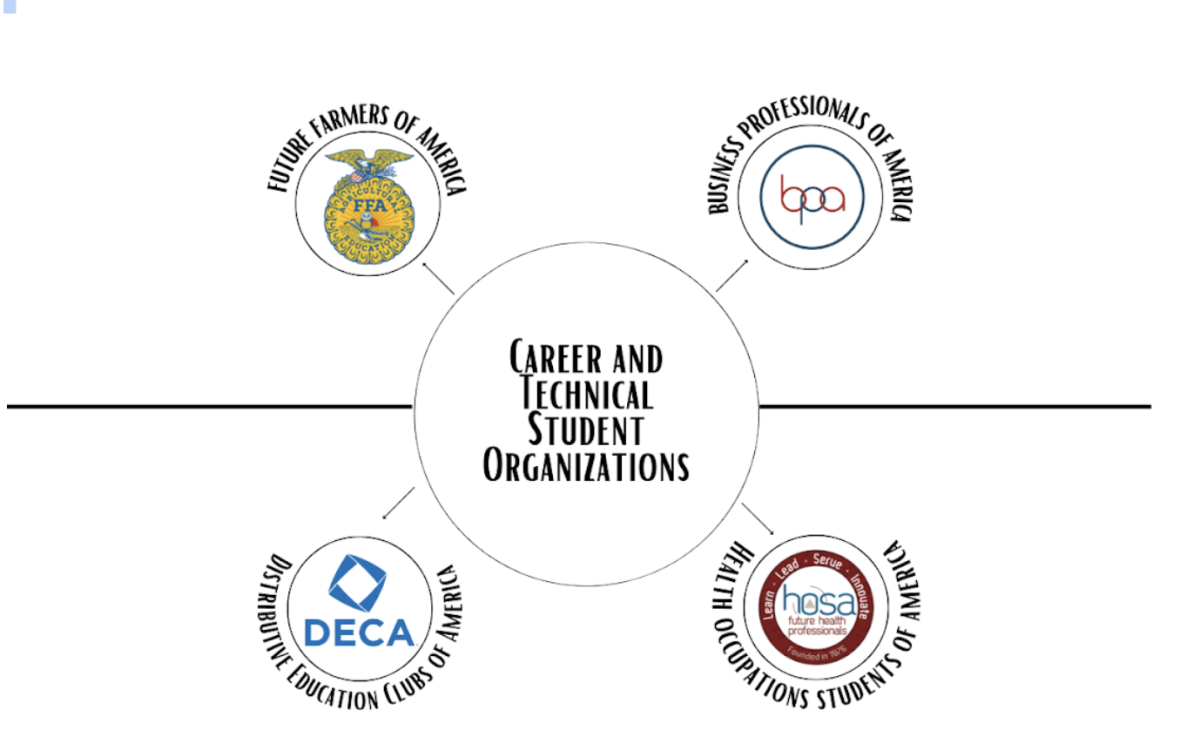Throughout the fourth quarter, Advanced Placement teachers and students are looking towards preparing for AP Exams, which will take place in the first few weeks of May.
AP Exams are a popular way for high school students to get college credit, which can be helpful when entering higher education. “I would advise students who are preparing for their first AP exams to prioritize doing well and studying for them,” senior Riya Patil said. “These exams might save you a lot of money in college down the line.”
Although exam preparation generally starts in March and April, some teachers choose to begin review earlier to better prepare their students. “The first time they’re introduced to some sort of AP review material, it’s at the end of the first semester,” AP Calculus BC teacher Manuel Carreon Garcia said. “Just to kind of expose them to it so they can look at it initially.”
Teachers are also ensuring that they are conscious of their students’ struggles when tailoring their in-class review. “Timing has been an issue for a lot of students, especially because it’s their first time taking an AP Math,” Carreon said. “So during our practice, I make sure that there’s a timing component.”
Some classes can expect to have altered review plans based on students’ needs as well. “After the practice test, we have to come back to the curriculum – we just change everything so you guys can be prepared,” AP Spanish Language and Literature teacher Daniel Vargas said. “We have to be flexible with what the plan that we have is and be able to change it.”
Students also recommend independent studying out of class to be the most prepared for testing. “I am doing practice problems and going over what I got wrong, as well as doing content review,” Patil said. “Managing multiple AP tests can get stressful, so having a study schedule also helps.”
While independent studying, students are also looking towards external resources to better supplement their learning. “For AP Seminar, I’ve been diligent about my performance tasks and am doing some practice exams,” sophomore Iha Karthikayen said. “For AP World, I’ve been using a Barrons’ book and Khan Academy to prepare, along with my teacher’s prep plan.”
Teachers also stress the importance of practicing skills on students’ own time to be the most successful. “Strategies, especially for Spanish, is vocabulary,” Vargas said. “The more expansive your vocabulary is, the less likely you will be in a situation that you don’t know a specific word and then you go talk about something completely wrong.”
Independent practice is beneficial to extra exam preparation, students believe it often comes with its own challenges. “It’s really hard to replicate the testing environment without burning out,” Karthikayen said. “Especially for AP World, which has an MCQ, DBQ, LEQ, and SAQs and spans over multiple hours.”
Although AP review processes have been very thorough, teachers want to assure students that they’ll still be successful on the exams, even if they may encounter unfamiliar concepts.
“I’m trying to make sure that you know that you aren’t going to know everything on the exam,” Vargas said. “Dealing with the unknown is difficult because you guys want to have everything under control – but there’s always going to be parts that you don’t understand.”







